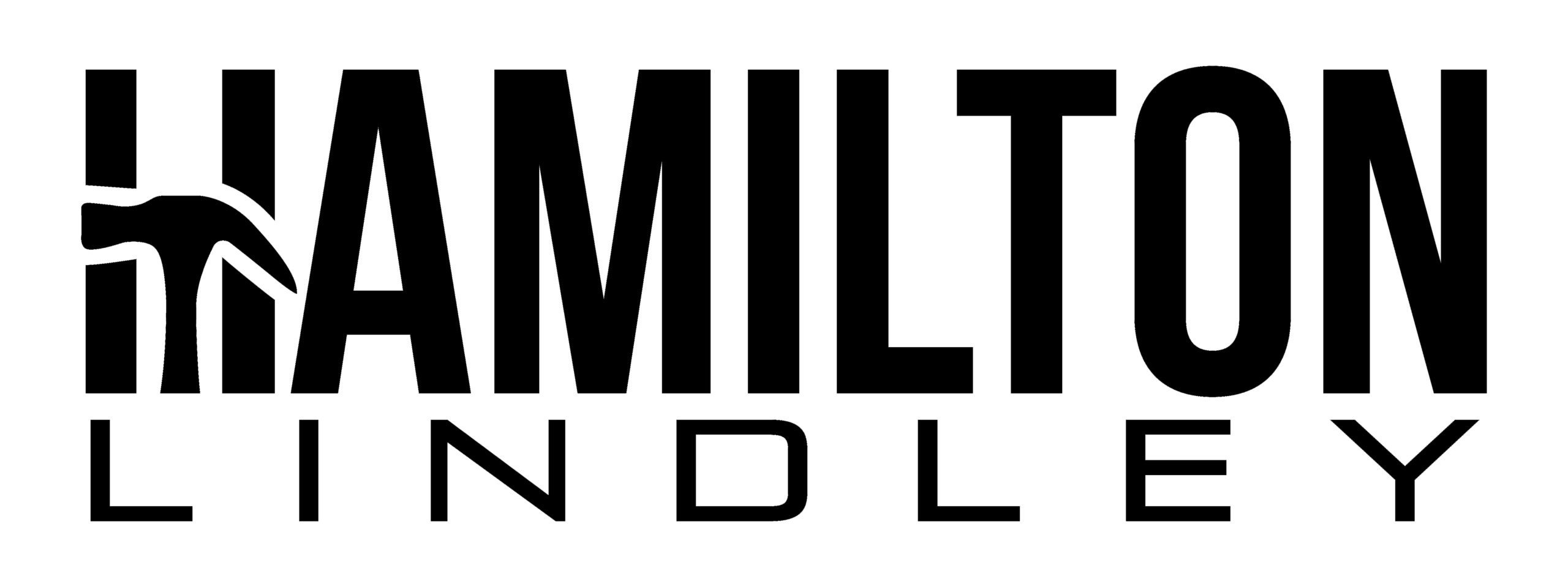Businesses are changing how they work, and it’s not just a temporary thing. Some want everyone back in the office like before, but others are embracing more flexible ways of working.
Leaders are facing a big question: Is this focus on flexibility and well-being just a trend, or is it the new normal? Research shows that the past two years have greatly affected how people think about work, and it’s not something that can be ignored or reversed.
What’s Changing:
Varied Priorities for Employees:
- People are rethinking what’s important to them in their jobs.
- 47% of employees now prioritize family and personal life over work, and 53% prioritize health and well-being.
- Many are considering changing jobs because of issues like mental health, work-life balance, and a lack of flexible work hours.
Challenges for Managers:
- Managers play a crucial role but often feel stuck between what employees want and what leaders decide.
- Half of the managers feel their bosses are out of touch with their workers.
- Employees who’ve worked remotely think they’ve done well, but leaders sometimes don’t see it the same way.
Making the Office Worthwhile:
- Companies want employees back in the office, but the reasons aren’t always clear.
- 51% of employees in hybrid arrangements plan to go fully remote soon.
- Leaders need to make in-person meetings meaningful and inclusive, creating new rules for hybrid meetings.
Balancing Work and Personal Time:
- Many have been working longer hours since 2020.
- Employees are trying to be more deliberate with their time, with changes like starting meetings later on Mondays and ending earlier on Fridays.
Rebuilding Workplace Connections:
- Remote work has affected workplace connections, especially for those exclusively working from home.
- 58% of hybrid employees have maintained strong connections with their teams, but remote-only workers face more challenges.
- Encouraging networking and in-person engagement is essential.
These changes are here to stay, and businesses that adapt will have a competitive advantage. The way people see work and their expectations have shifted, and companies need to embrace new ways of thinking to move forward successfully.

